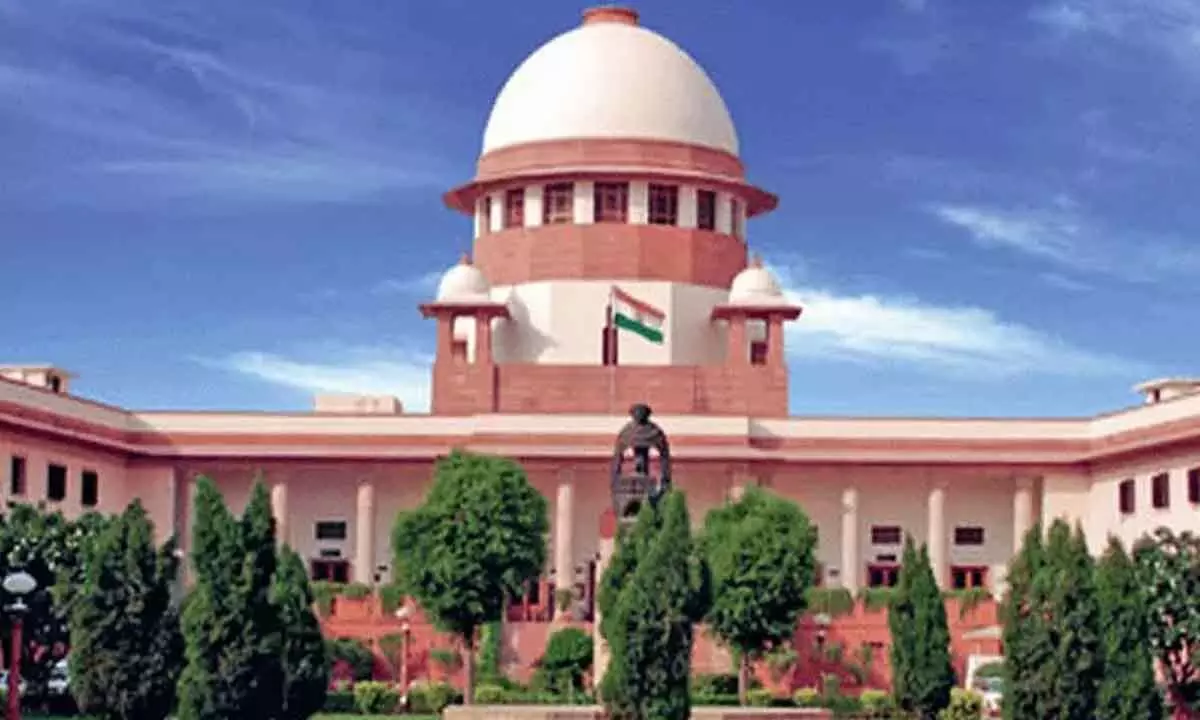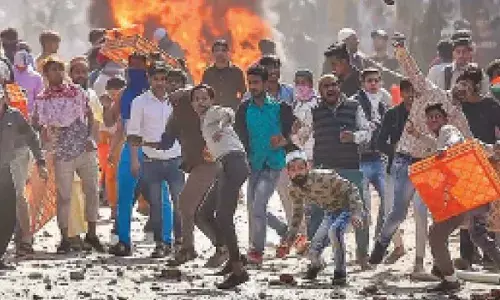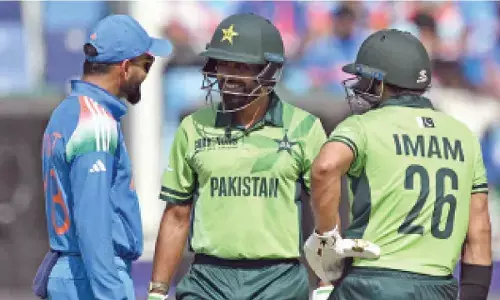SC's 'triple test' for OBC quota pits state govts against it

The triple test — which requires the government to complete three tasks for finalisation of reservation to Other Backward Classes (OBCs) in the local bodies — has often become a bone of contention between the judiciary and state governments.
New Delhi: The triple test — which requires the government to complete three tasks for finalisation of reservation to Other Backward Classes (OBCs) in the local bodies — has often become a bone of contention between the judiciary and state governments.
Most recently, Uttar Pradesh moved the Supreme Court against the Allahabad High Court order, which asked it to proceed with urban local body elections without reservation for OBCs.
The High Court noted that the government is yet to fulfil the triple test requirement laid down by the Supreme Court for such reservation.
In the past, the triple test had haunted the Maharashtra government, which pursued a rigorous legal battle in the apex court, and troubled the Madhya Pradesh government.On December 15, 2022, the Supreme Court granted the Karnataka government time till March 31, to complete the finalization of OBCs political representation in local bodies.
After this development, it is expected that there would be further delay in local bodies polls, which includes Bruhat Bengaluru Mahanagara Palike (BBMP) whose term had expired in September, 2019.
The Supreme Court outlined the triple test in the case of Vikas Kishanrao Gawali vs State of Maharashtra and others, in a judgment on March 4, 2021.
In this case, the apex court had said that the triple test/conditions required to be complied by the state before reserving seats in the local bodies for OBCs has not been done so far.
The triple test
a) setting up a dedicated commission to conduct contemporaneous rigorous empirical inquiry into the nature and implications of the backwardness qua local bodies, within the state;
b) specifying the proportion of reservation required to be provisioned local body wise in light of recommendations of the commission, so as not to fall foul of over-breadth; and
c) in any case, such reservation shall not exceed aggregate of 50 per cent of the total seats reserved in favour of SCs/STs/OBCs taken together.
The Allahabad High Court quashed the notification issued by the Uttar Pradesh government on December 5 for reservation of OBC in urban local body elections. The seats, other than SC/ST, would be treated as general.
The High Court noted that the apex court had stated that state legislations cannot simply provide uniform and rigid quantum of reservation of seats for OBCs in the local bodies across the state, that too, without a proper inquiry into the nature and implications of the backwardness by an independent commission about the imperativeness of such reservation.
The High Court pointed out: "In Vikas Kishanrao Gawali, the Supreme Court has also outlined that such inquiry into the nature and implications of backwardness cannot be a static arrangement; rather it must be reviewed from time to time so as not to violate the principle of over-breadth of such reservation."














